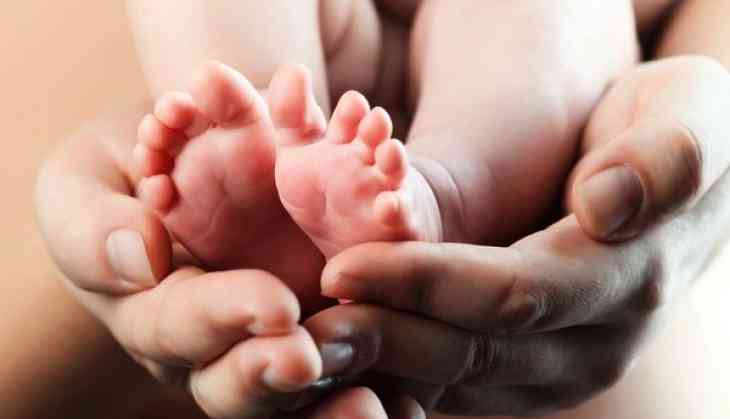Hypogonadism - A lesser known cause of female infertility

Androgen deficiency in males has twice the chances of developing a condition known as hypogonadism than in females.
People are unaware of a condition known as female hypogonadism and its symptoms can seriously affect women's quality of life.
The condition refers to the deficiency in the production of estrogen and progesterone by the ovaries.
The symptoms include irregular or heavy periods, hair loss, depression and even ovarian cysts.
"The condition allows the body to only synthesize very limited amount of gonadotropin, whose low levels are associated with restricted secretion of testosterone thereby causing sperm production abnormalities, low sex drive, erectile dysfunction and ultimately male infertility," said Dr. Sagarika Aggarwal, IVF Expert, New Delhi.
Though signs and symptoms defer depending on the severity of hypogonadism, it can begin since fetal development, before puberty or even in the adulthood. During the fetal development, if the body doesn't produce enough testosterone it can result in an impaired growth of the external sex organs.
"Child genetically born as a male can develop female genitals, genitals that are neither clearly male nor clearly female or underdeveloped male genitals. In males, hypogonadism can delay puberty or even lack normal development. It can also lead to an impaired growth of body hair, penis, testicles and breast tissue. Other symptoms include Infertility, erectile dysfunction, decreased libido and fatigue," said Dr. Amol Lunkad, IVF expert from Pune.
In females, menstruation and ovulation are triggered by hormones such as oestrogens, luteinizing hormone, progesterone and follicle stimulating hormone. All the hormones are controlled by gonadotropins.
The low level of gonadotropins will affect the menstruation and ovulation. Both are important for the natural conceptions because, without egg produced during ovulation, it is not possible to conceive a child.
Sex hormones also control the sex characteristics like breast development in women, testicular development in men, and pubic hair growth. These hormones also play a vital role in the menstrual cycle and sperm production.
A blood test is done to analyze the testosterone levels along with a sperm count test. Testosterone replacement therapy (TRT) is done through gel and patch form and also available in an injectable form.
--ANI

